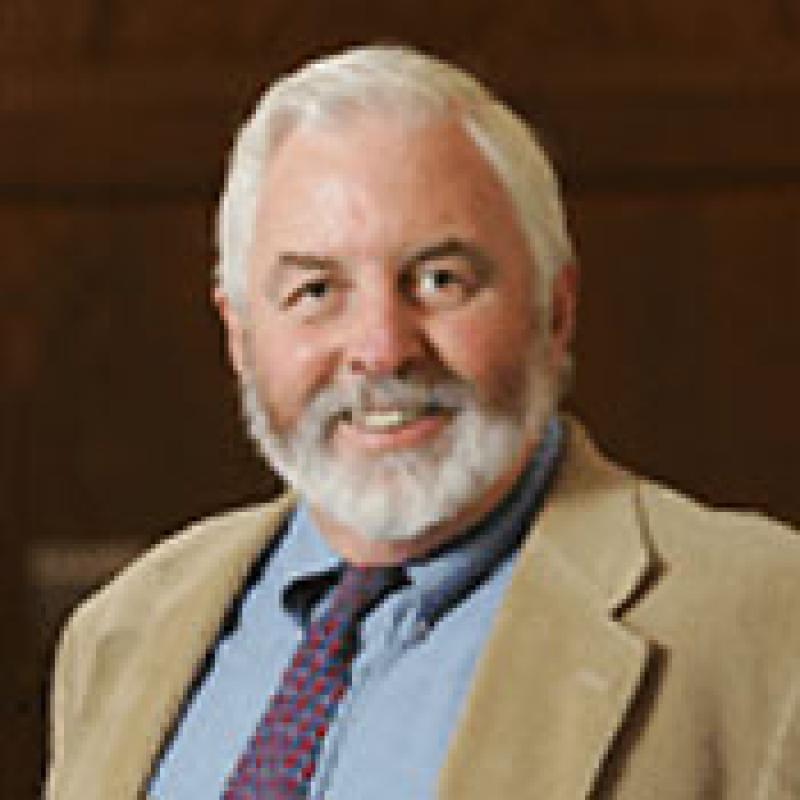“Give to Nature praise and honor, blithe of heart and sound of eye, knowing for the world of colour, where its broad foundations lie.” - Johann Wolfgang von Goethe
"All nature,” wrote Goethe, “manifests by means of colours to the sense of sight.” Moving away from the conventional mechanistic approach to science, Goethe approached the natural world as phenomenological, focusing on light, relationality, clouds, weather, plants, color. He emphasized that experience (or sensation) between the observer and the observed was central to a true interpretation of nature. Goethe’s Color Wheel, the physical representation of his theory of color is the symbol of the Sidney Harman Academy for Polymathic Study. The image manifests this phenomenology between humans and their natural world, and this interface of art, science, and the human experience is by definition the highest form of polymathy. A panel of experts will explore the history and utility of Goethe’s theory of color and his Color Wheel, to help us understand, in ways that formal science does not, the relationship between us humans and our natural world.
Panel Members:
Robin Romans, Associate Provost
Nancy Lutkehaus, Professor of Anthropology, Gender Studies, and Political Science
Margaret Wertheim, Director, Institute for Figuring and science writer
Moderated by Edwin McCann, Professor of Philosophy and English



